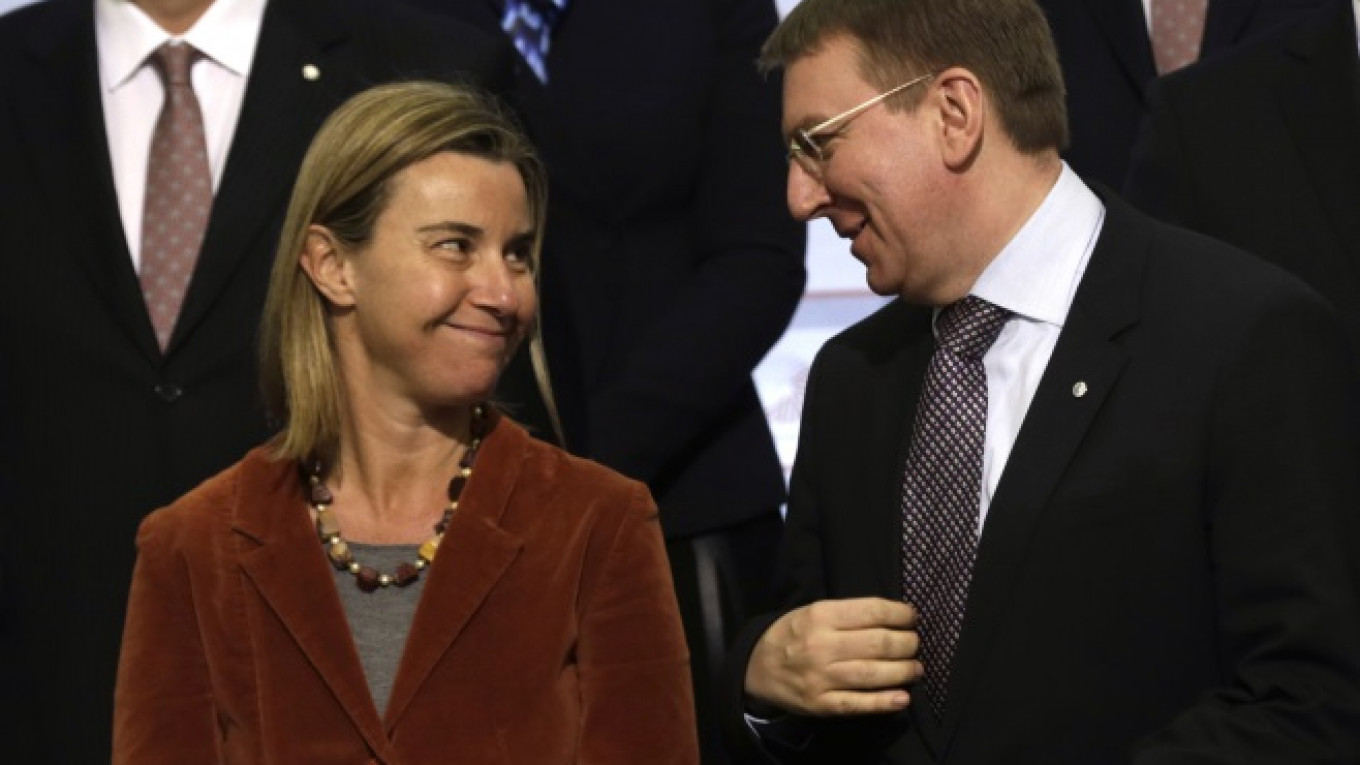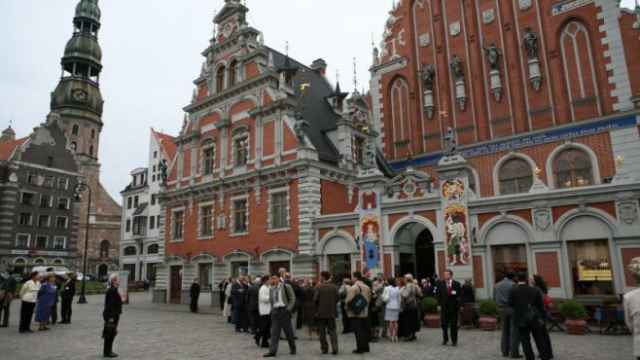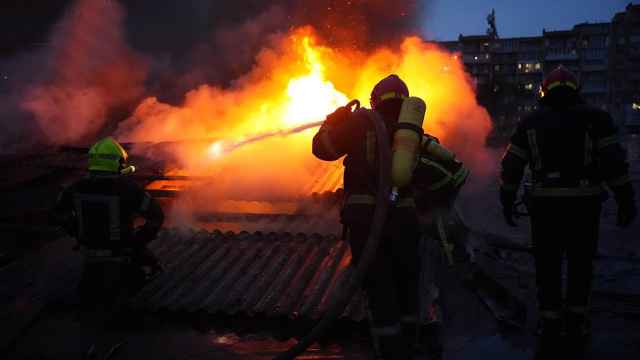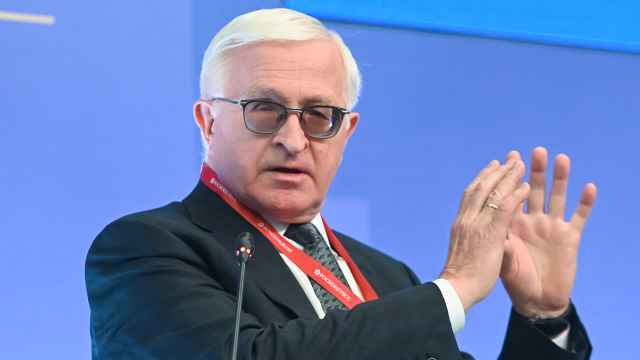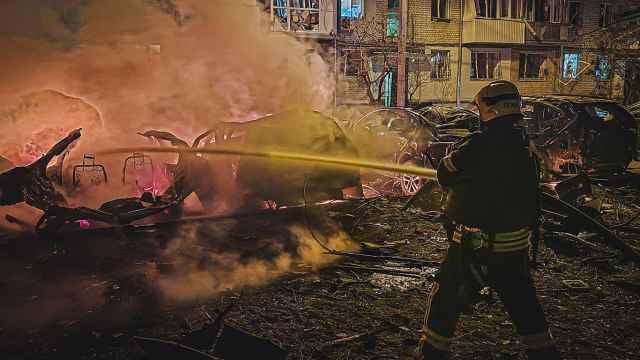RIGA — Latvia, which has taken over as chair of European Union government meetings, believes Russia may be more willing to negotiate a deal to ease tensions over Ukraine, its foreign minister said on Wednesday.
"There is a kind of opening we can use," Edgars Rinkevics told reporters, saying the problems the Russian economy was suffering as a result of Western sanctions and falling oil prices appeared to have made Russia more willing to negotiate.
"We have a feeling that they really want to see some softening of sanctions," added Rinkevics, who will travel to Kiev and then to Moscow this weekend. He is due to meet Russian Foreign Minister Sergei Lavrov on Monday.
He declined to comment on whether a summit was likely between Russian President Vladimir Putin and his Ukrainian, German and French counterparts following plans for the four foreign ministers to meet. Rinkevics said he had spoken to German Foreign Minister Frank-Walter Steinmeier on Wednesday.
Ukrainian President Petro Poroshenko said last week that he would meet Putin, French President Francois Hollande and German Chancellor Angela Merkel in the Kazakh capital Astana on Jan. 15. The meeting has yet to be confirmed.
Latvian Prime Minister Laimdota Straujuma later told a news conference marking the start of her government's six-month presidency of EU ministerial councils that the four-way Astana summit would be an opportunity for a negotiated solution.
There have been new signs of division among the 28 EU states on whether sanctions on Russia, which expire in March and in June, should be renewed. Hollande, voicing concern about Russia's economy, said this week that sanctions should be lifted if there were progress toward a settlement on Ukraine.
Latvia has been a strong supporter of sanctions in the past but is now obliged to act as consensus-builder in the EU. It is also suffering as a result of economic problems in Russia, a major buyer of its exports, Straujuma said, adding that sanctions should only be a means to promote a negotiated deal.
However, she warned, if Russia caused the crisis to escalate, EU leaders could agree to step up sanctions or other measures when they meet in March to discuss the renewal.
Rinkevics said that if Moscow was clearly implementing the terms of a peace plan agreed with Ukraine and pro-Russian Ukrainian rebels at Minsk in September, "we would support an easing of some sanctions." If it was not, then the EU should be ready for a further use of such measures.
"If there is progress, we have to act accordingly. If there is no progress, we cannot lift sanctions," he said. It was vital, he stressed, for the EU states to remain united.
A Message from The Moscow Times:
Dear readers,
We are facing unprecedented challenges. Russia's Prosecutor General's Office has designated The Moscow Times as an "undesirable" organization, criminalizing our work and putting our staff at risk of prosecution. This follows our earlier unjust labeling as a "foreign agent."
These actions are direct attempts to silence independent journalism in Russia. The authorities claim our work "discredits the decisions of the Russian leadership." We see things differently: we strive to provide accurate, unbiased reporting on Russia.
We, the journalists of The Moscow Times, refuse to be silenced. But to continue our work, we need your help.
Your support, no matter how small, makes a world of difference. If you can, please support us monthly starting from just $2. It's quick to set up, and every contribution makes a significant impact.
By supporting The Moscow Times, you're defending open, independent journalism in the face of repression. Thank you for standing with us.
Remind me later.


